Corporate Debt Innovation: 5 Strategies Reshaping Financial Markets in 2023
Discover how innovative corporate debt strategies like LDI, green bonds, and private debt are reshaping financial markets. Learn practical approaches to optimize your company's capital structure in today's volatile economy. #CorporateFinance ChatGPT: Discover how innovative corporate debt strategies like LDI, green bonds, and private debt are reshaping financial markets. Learn practical approaches to optimize your company's capital structure in today's volatile economy. #CorporateFinance
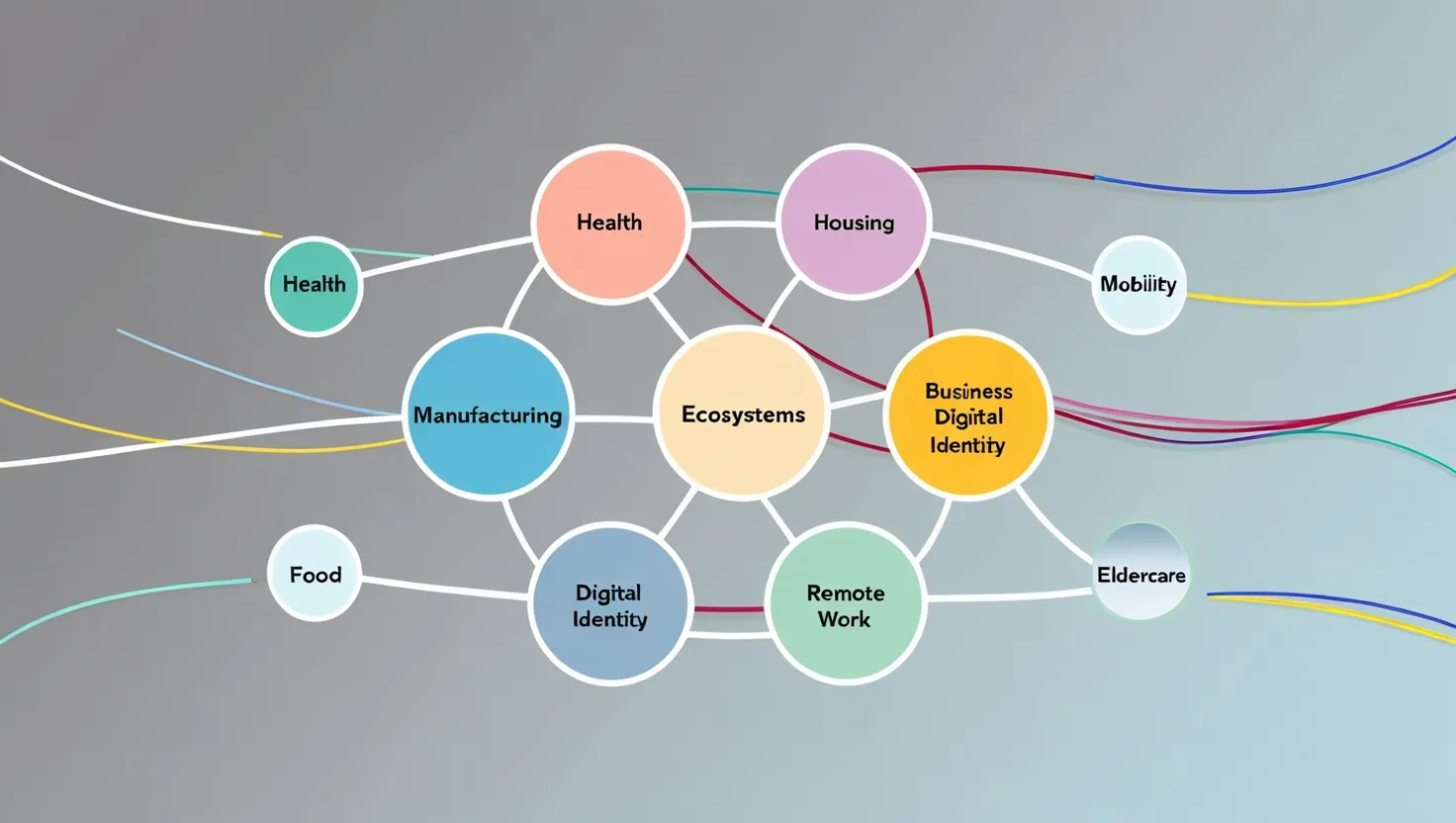
8 Industry-Transforming Business Ecosystems Creating New Value in 2023
Discover 8 emerging business ecosystems reshaping industries through strategic partnerships and data integration. Learn how health, housing, mobility and more are being transformed, and how your company can thrive in this interconnected future. #BusinessStrategy

6 Middle Market Success Stories: Growth Strategies That Actually Work
Discover 6 innovative growth strategies from thriving middle-market companies. Learn how these businesses balance technology with core values, specialize expertly, and reimagine traditional models. Gain actionable insights for your growth journey.
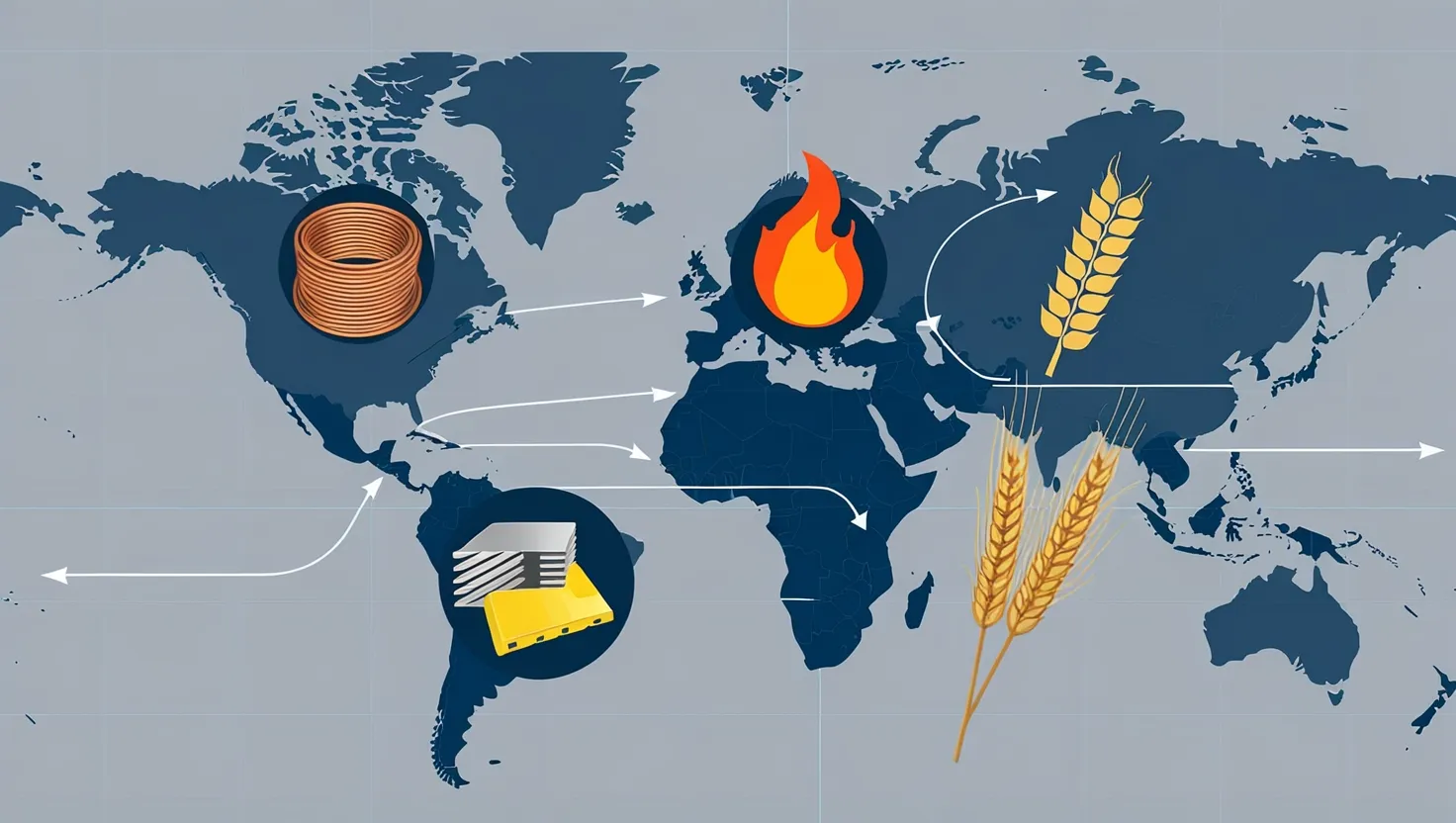
5 Critical Commodity Signals Shaping the Global Economy in 2024
Discover what 5 key commodities reveal about 2024's economic landscape. From copper to rare earth elements, learn how market trends signal technological shifts, climate impacts, and supply chain challenges. Navigate the future today.
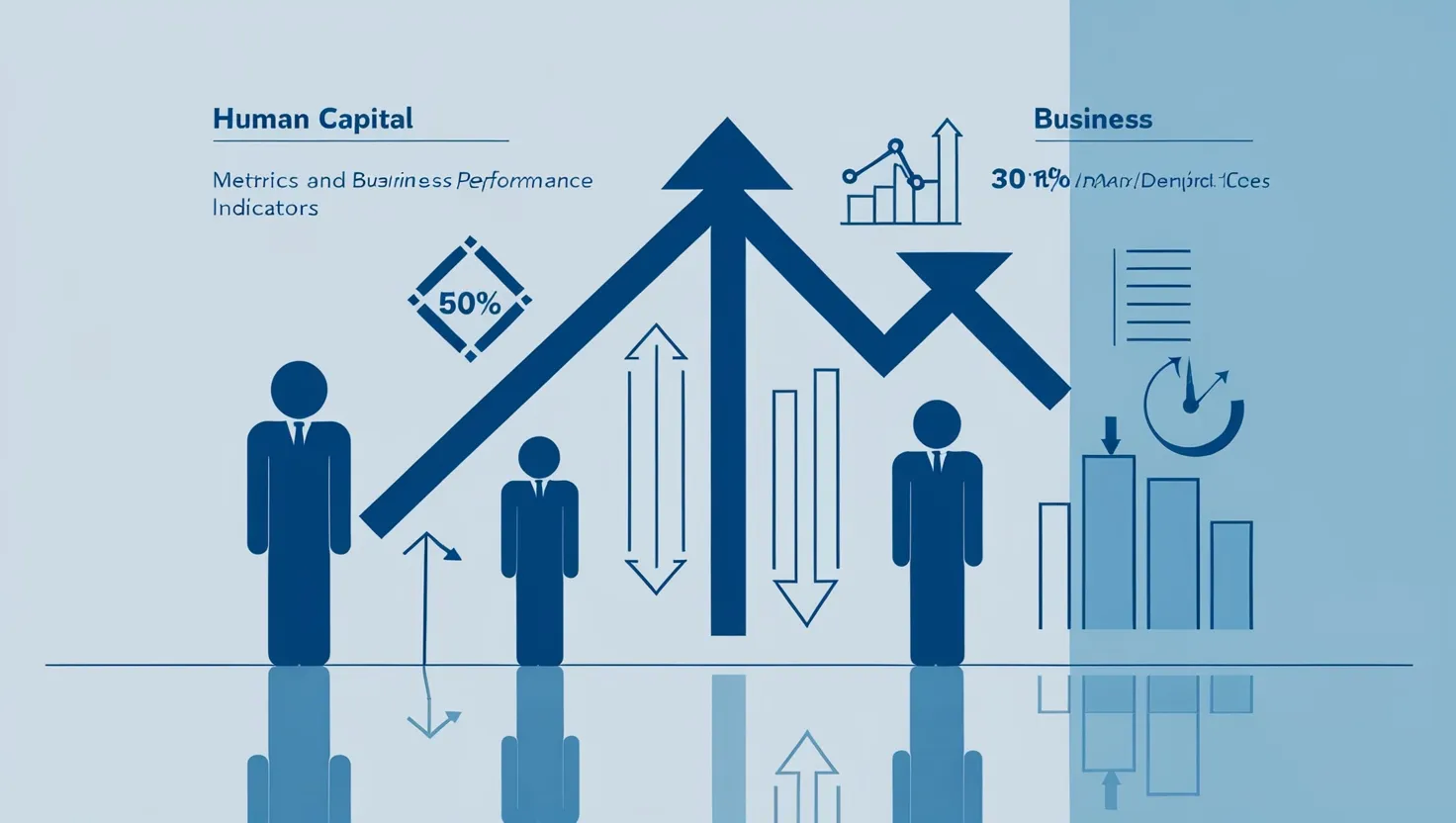
7 Essential Human Capital Metrics That Predict Future Business Performance
Discover how human capital metrics like eNPS and leadership bench strength predict organizational success. Learn to measure employee engagement and innovation for improved performance and growth. Start optimizing your workforce today.

Data Democratization: 5 Trends Revolutionizing Business Decision-Making Today
Discover how data democratization transforms business decision-making. Learn about self-service analytics, visualization tools, and governance frameworks that empower employees and accelerate growth. Make your organization more agile today.
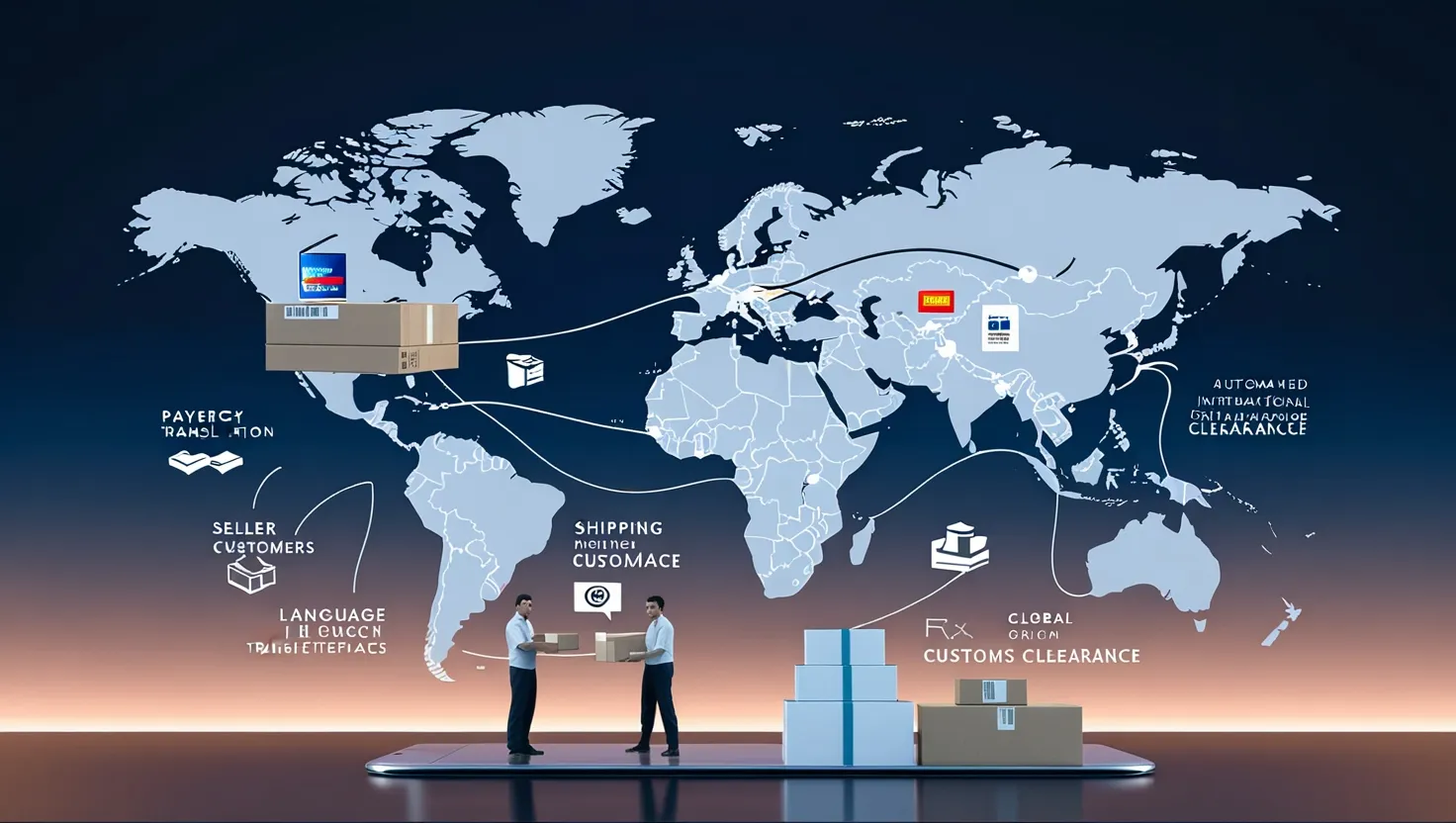
6 Proven Strategies to Boost Your Cross-Border E-commerce Sales
Discover 6 proven strategies for successful cross-border e-commerce. Learn how localized payments, regulatory compliance, and multi-language support can expand your global reach and boost international sales. Start selling worldwide today.

5 Powerful Economic Moats That Shield Top Companies From Competition
Discover the 5 economic moats that protect industry titans from competition. Learn how network effects, cost advantages, switching costs, intangible assets, and efficient scale create lasting business advantages for long-term investment success.
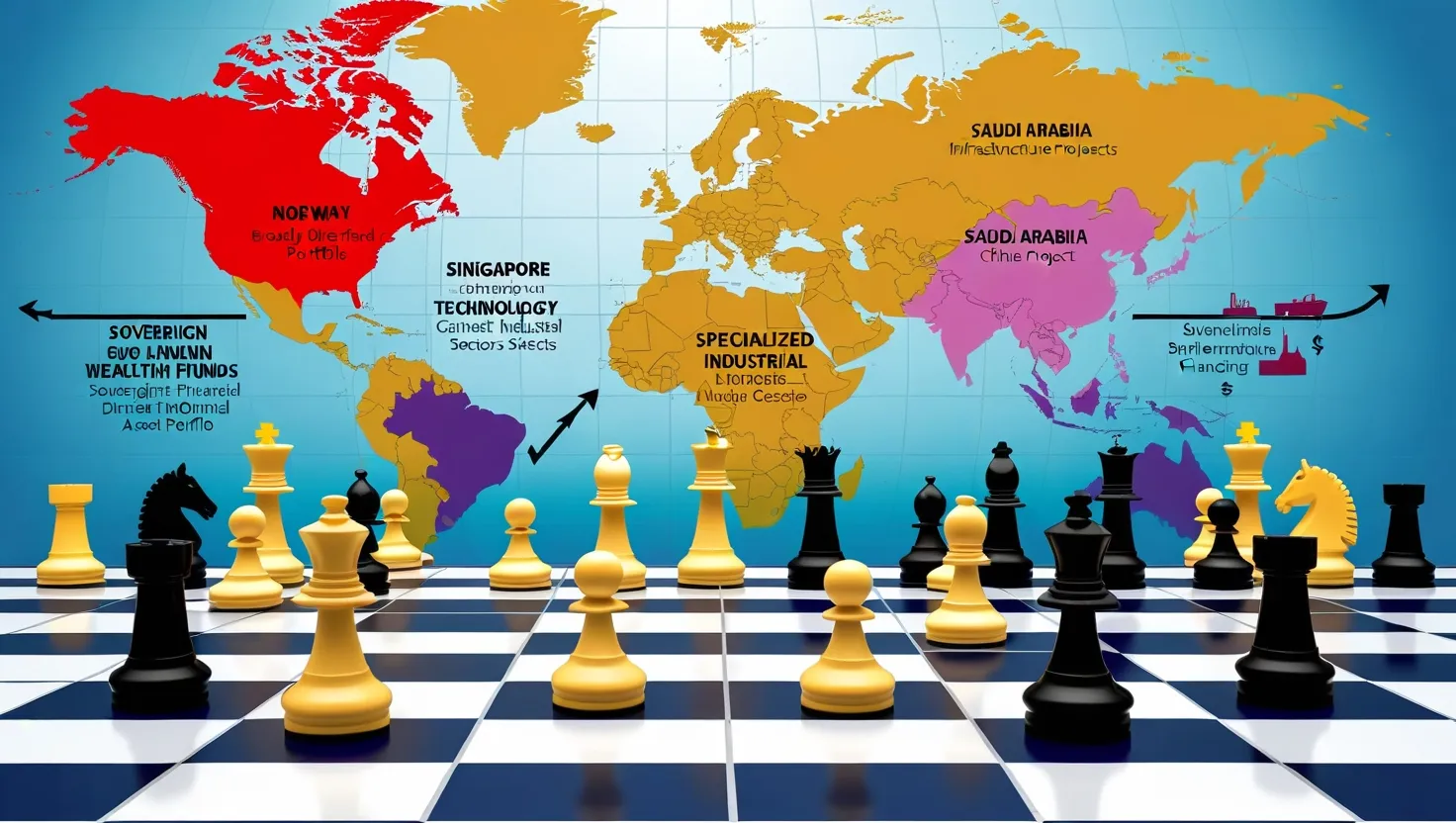
Global Power Players: 7 Innovative Strategies Reshaping Sovereign Wealth Fund Investments
Discover how sovereign wealth funds are reshaping global markets with trillion-dollar portfolios. Explore diverse investment strategies from Norway's diversification to Saudi Arabia's economic transformation. Learn what makes these state-owned giants tick. Read more now.

7 Essential ESG Metrics: Measuring Impact and Financial Performance for Sustainable Investing
Discover 7 essential metrics that evaluate ESG investment impact and financial viability. Learn how carbon intensity, board diversity, supply chain ethics, and more can help build a sustainable portfolio that aligns with your values while delivering returns. #ESGInvesting

Alternative Investment Trends 2025: Farmland, Digital Art, and Private Credit Opportunities
Discover key alternative investment trends shaping 2025: farmland platforms, tokenized art, renewable infrastructure debt & private credit. Learn how these emerging options can diversify your investment portfolio. #Investing

6 Manufacturing Trends Transforming Industry in 2024: AI, Robotics, and Sustainability
Discover 6 transformative manufacturing trends shaping 2024. From advanced robotics to sustainable practices, explore how new technologies and strategies are revolutionizing global production. Learn what's next for manufacturing.

5 Infrastructure Investment Trends Driving Global Economic Growth in 2024
Discover 5 transformative infrastructure trends shaping global economic growth, from smart cities to green energy. Learn how nations leverage public-private partnerships for sustainable development. #Infrastructure #Economics
